The Elders warn G20: your failure of leadership is worsening global crises
Statement: The Elders today challenge G20 leaders to do their job: to rise above their differences and find consensus on the leadership needed to tackle the inter-connected crises facing humanity.
They call on the G20 to build on the group’s original purpose of bringing countries together to address serious economic hardships stemming from a lack of international policy coordination. They urge leaders to reaffirm and put into practice the principles of constructive dialogue, accountability and collaboration at their forthcoming Leaders’ Summit in Indonesia.
The evidence of the G20’s failure thus far to fulfil its mission can be seen around the world. Up to 95 million additional people face extreme poverty as a result of the COVID-19 pandemic, Russia’s aggression against Ukraine and rising inflation. The protests over food and energy prices that have taken place in over 90 countries in the past year are both a symptom of failed political and economic management and a catalyst for further disruption to global stability.
The Elders believe the world’s biggest economies must work together, not against each other, to bring their financial and political power to bear on humanity’s shared problems.
For the G20, this means first and foremost agreement on coordinated action to prevent severe inflation and a global recession. It also means agreement on financing a fair and just transition to clean energy; funding global health infrastructure to tackle the devastation caused by COVID-19 and prepare for future pandemics; and substantive investment in communities facing extreme poverty and food insecurity around the world.
The Elders’ challenge to the G20 comes as most multilateral systems struggle to demonstrate their effectiveness. This is a result of governments failing to cooperate in good faith, failing to deliver on their commitments, and failing to uphold their obligations under international treaties they themselves have signed.
This is fuelling the steady erosion of international norms and the rule of law and undermining public trust in multilateralism in all regions of the world. Such behaviour by states – from war crimes and gross human rights abuses, to violation of climate commitments – is a root cause of the multiple crises we face today.
The G20 Summit is an opportunity for powerful states to revitalise the multilateral system, demonstrate shared responsibility and address the suffering and hardship faced by millions of people around the world.
Mary Robinson, Chair of The Elders and former UN High Commissioner for Human Rights, said:
“G20 leaders need to use this summit to demonstrate moral courage, accountability, and collaboration. Too many leaders today treat principles such as these as transactional when they should be at the core of our collective response to the threats faced by humanity. These existential threats – including the climate crisis, pandemics, and nuclear weapons – are exacerbated because states consistently and wilfully fail to live up to their obligations under international law. Moral principles and a people-centred approach must determine our action, not narrow interests.”
19/10/2022



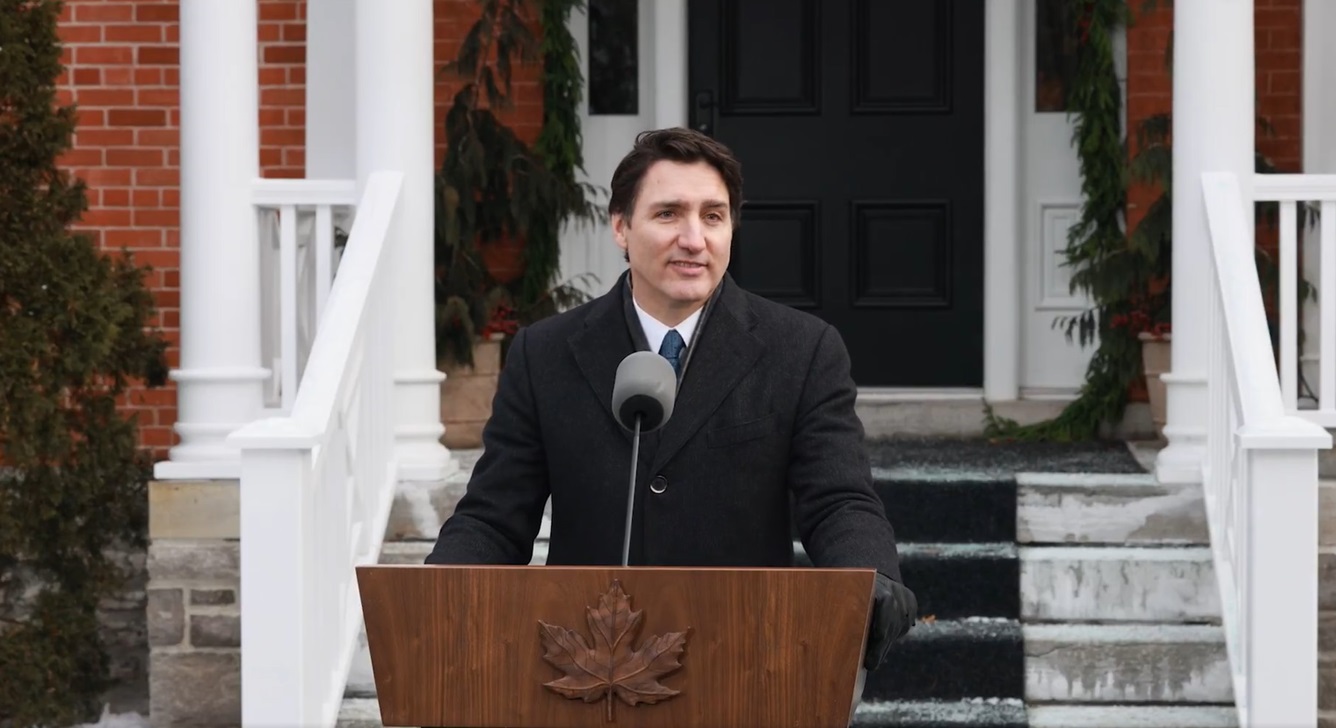


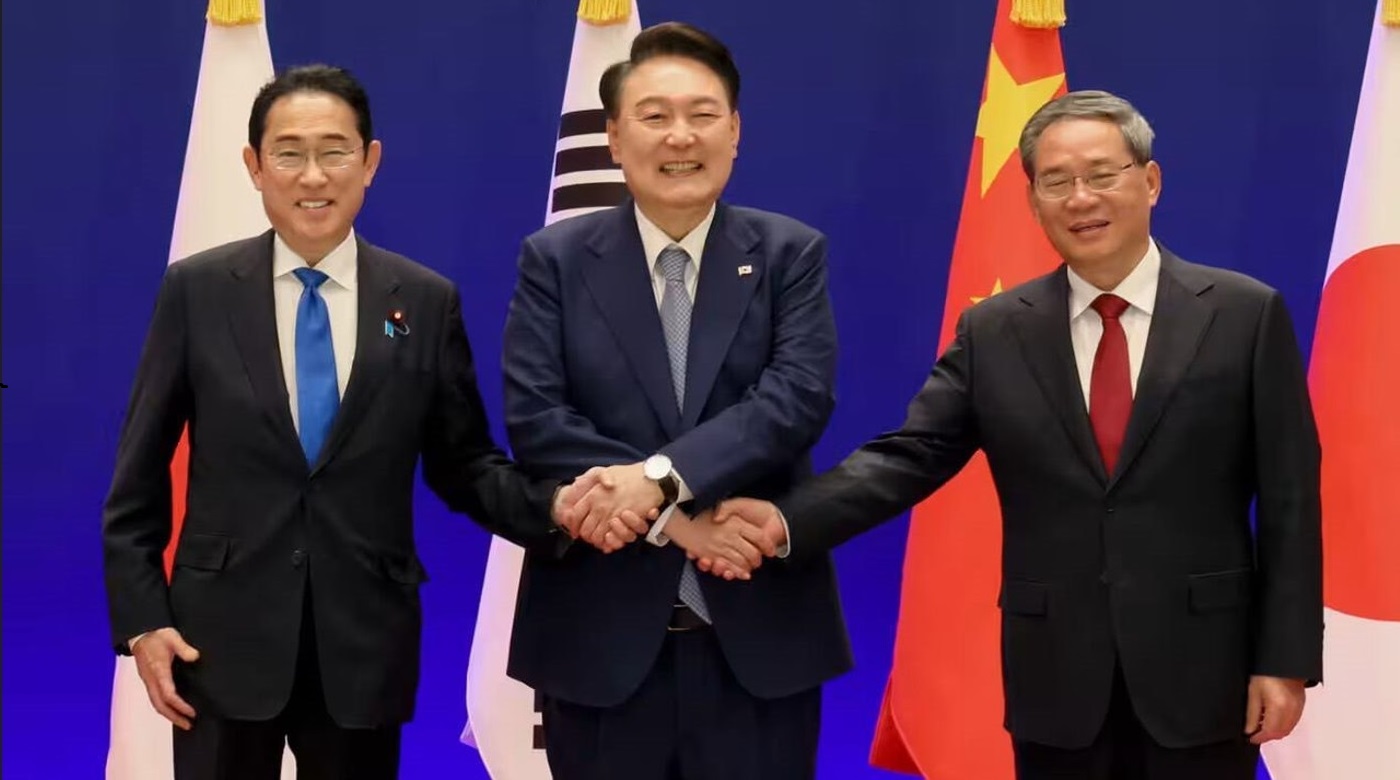













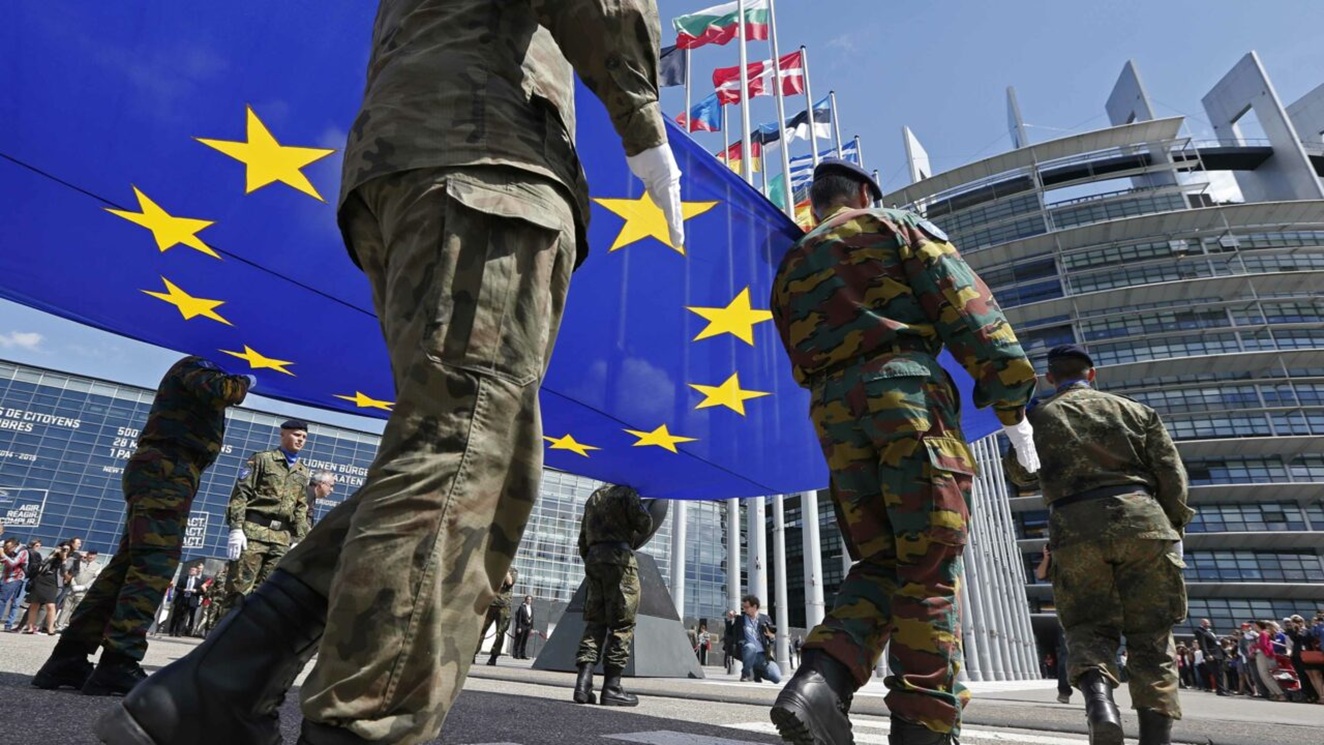
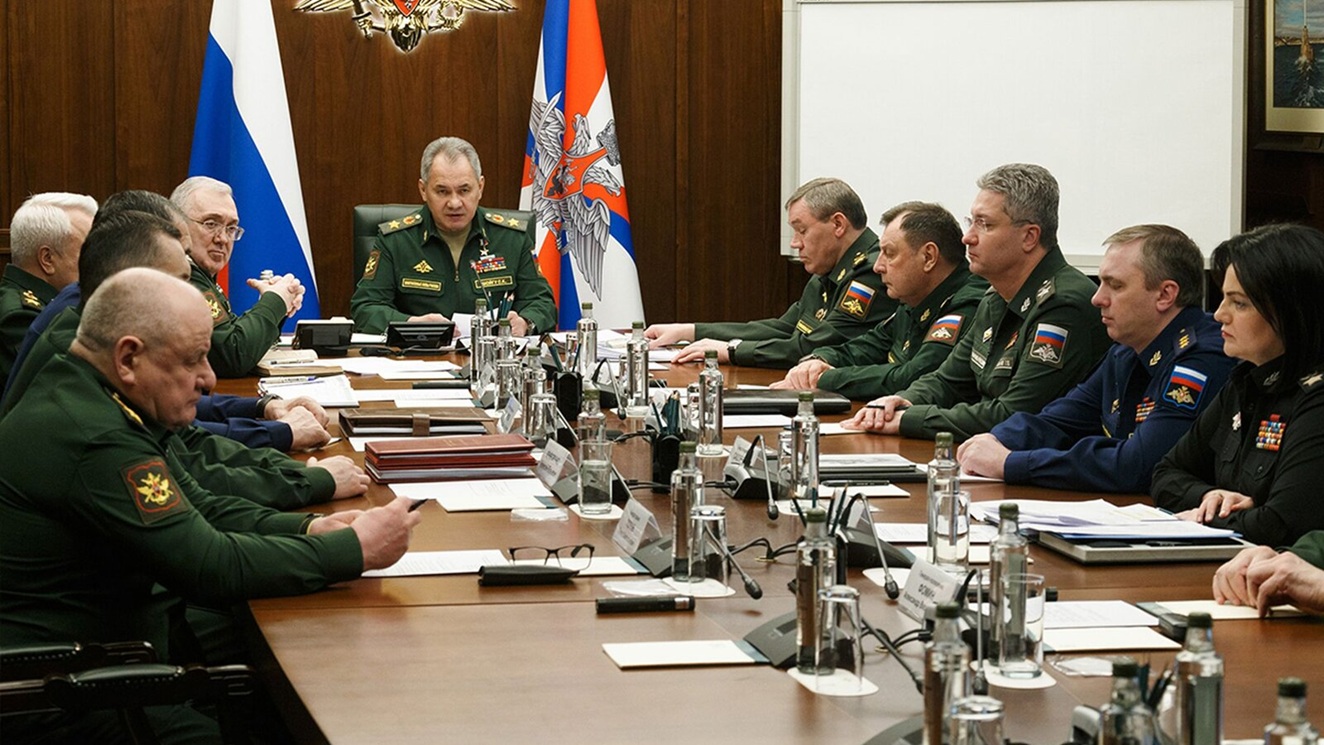
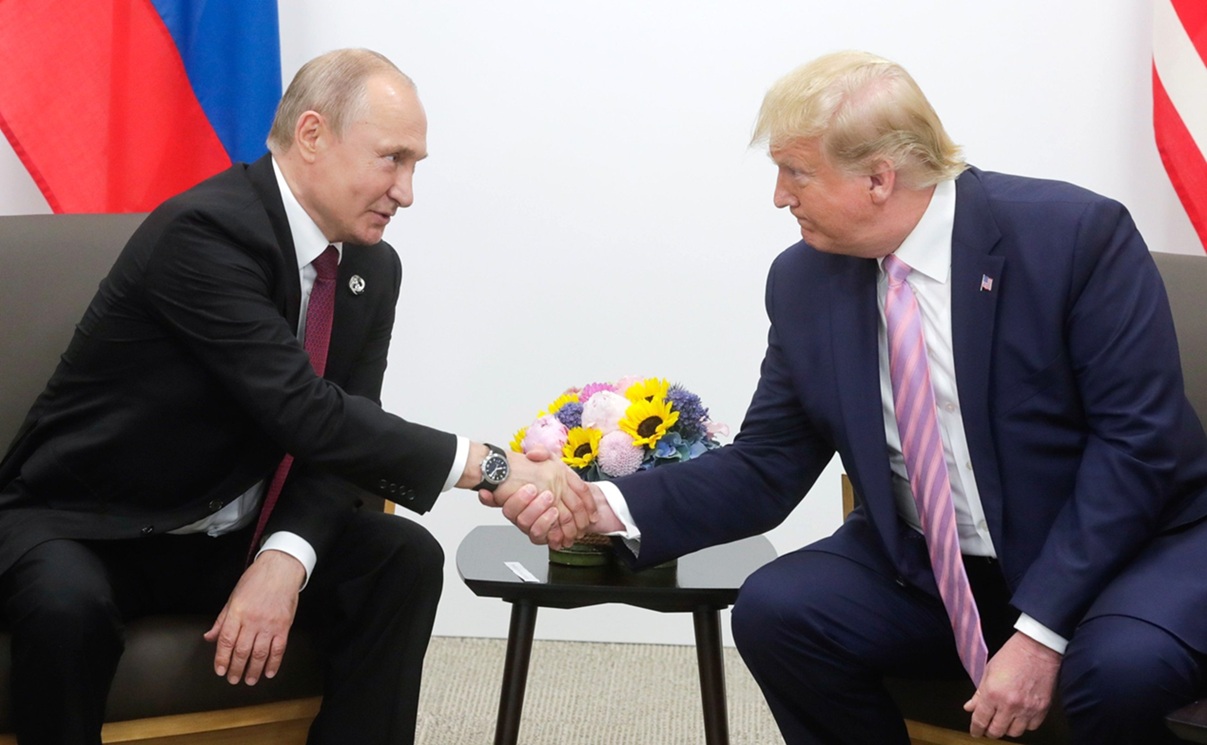
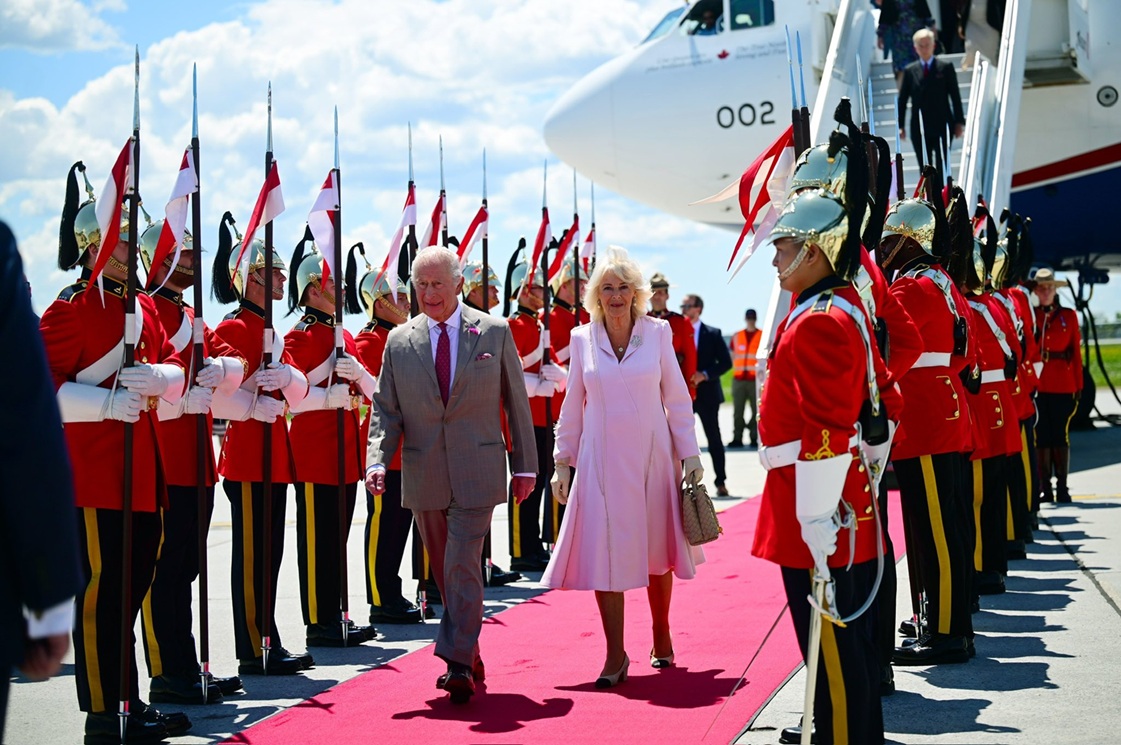
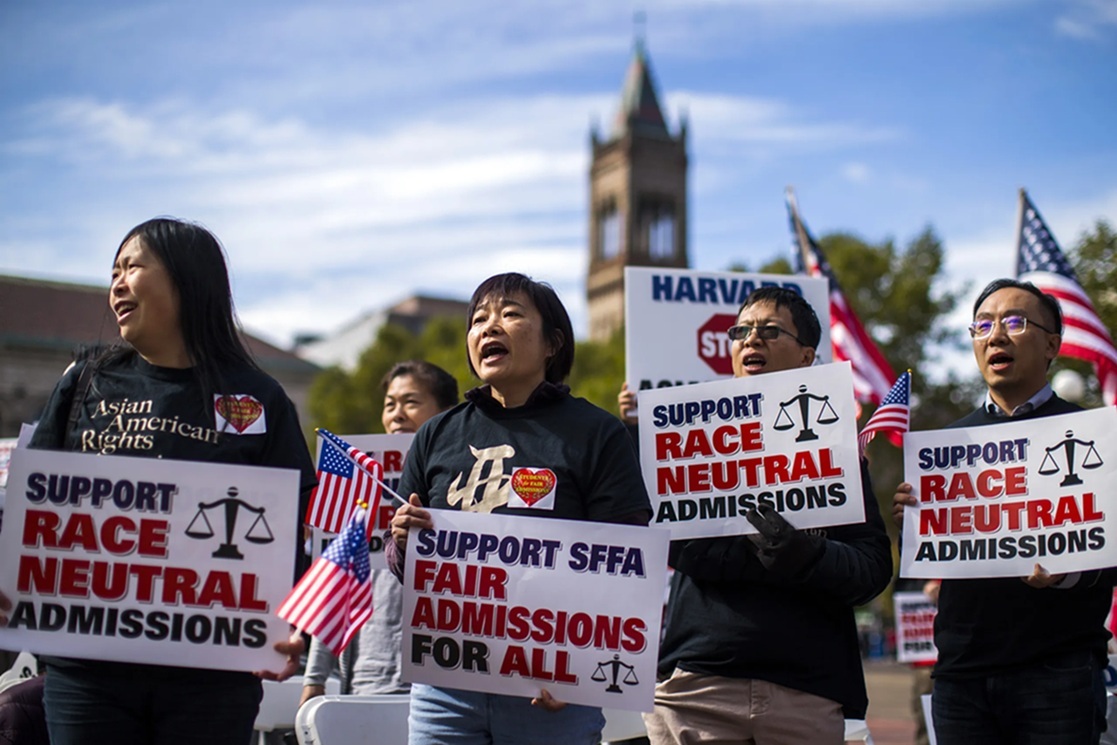

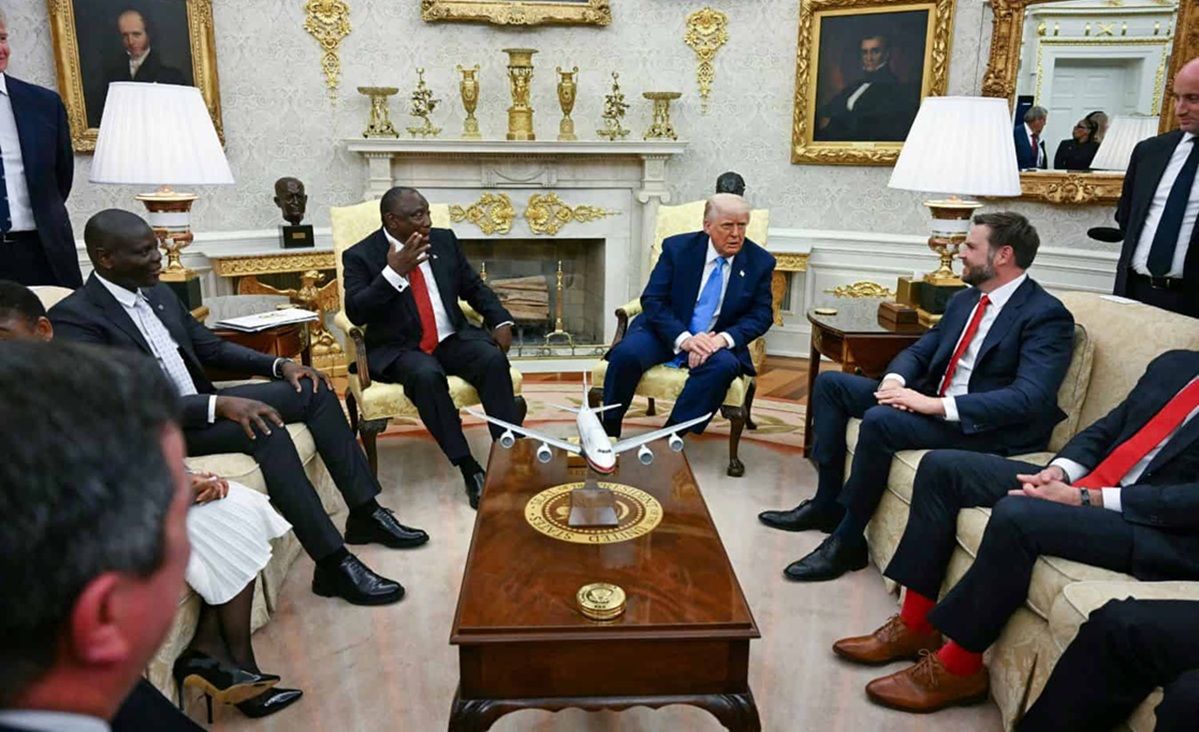
Thanks for sharing, this is a fantastic blog article.